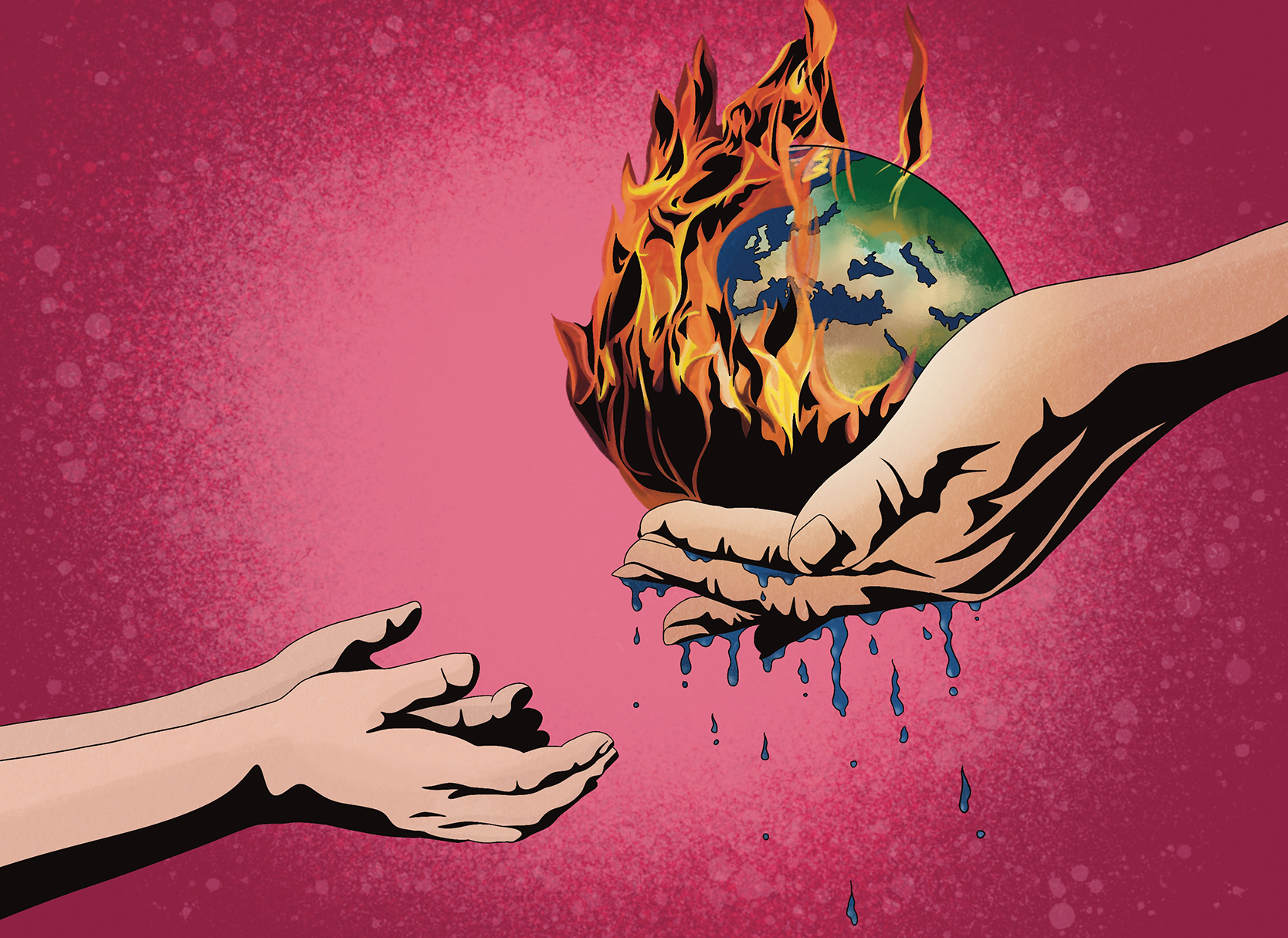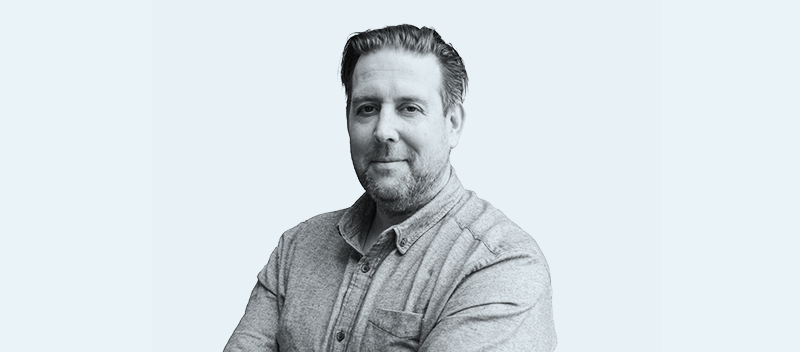The future of the Earth is not hopeless. But something’s got to change. The sciences need to work on a realistic, positive vision of the future, declares Professor Marten Scheffer.
Marten Scheffer, a Distinguished Professor at WUR, writes this in Earth Stewardship, a new journal published by the respected Ecological Society of America. This is the first edition of the journal, of which he is an editor. In the essay, Scheffer and a group of ‘fellow revolutionaries’ outline the ideas they have formed over the years. If we want to make the world a better place, it’s time for action. Scientists will have to abandon their remote, observer role.
You all argue for hopeful visions of the future. Is there still hope?
‘I think so. A lot of people are depressed about the future. Others say: Oh well, with technical solutions it will all work out. But neither pessimism nor optimism are helpful. Pessimism is paralysing and optimism leads to doing nothing. Between the two lies hope: it can still work out, if we roll up our sleeves. We’ve got to be realistic about what is possible and how we can contribute to it.’
I can’t stick a p-value on the question of how things will end for the planet
In the essay, you argue for a shake-up of scientific practice. One of the proposals is to reduce the dominant role of maths. What do you mean by that?
‘Tools like maths and evidence based on the replication of experiments are highly prized in the sciences. They are seen as smart, sound science. You make a good impression with them and throw your weight around. But when it comes to complex issues like the climate, the economy and ecology, you can’t say all that much on the basis of replicated experiments and mathematical evidence. I would go so far as to say that the more solid the scientific research you can do on something, the less relevant it is.’
You even write that entire generations of ecologists and economists have wasted their time on research based on p-values. What’s wrong with p-values, which tell you whether experimental results are based on coincidence?
‘P-values are very good and useful. They give us something to hold on to. But they are also very limiting in terms of what you can study with them. I can’t attach a p-value to the question of how things will end for the Earth, or what a fishing ban will do for a coral reef with the resilience of the Great Barrier Reef. What we say is: don’t limit your thinking power to things that you can stick a p-value on. There are so many more questions that deserve priority, and on which we need to say something sensible.’
I would go so far as to say that the more solid the scientific research you can do on something, the less relevant it is
Maths plays a big role in your quest for tipping points
‘For sure. I have certainly been guilty of trying to dazzle people with figures. I too lived up to expectations by producing impressive maths. You have to fight your way into this world before you can allow yourself more freedom. But I have always pointed towards the holistic side. I have a lot of respect for nature’s diversity, complexity and incomprehensibility.’
Does classical science fall short in the study of complex systems?
‘It is a very limited method. For studying complex systems we need a new holism. And we are creating that, using a good set of tools. Among those tools, there’s a big role for reasoning, modelling and the analysis of big data. Experiments and maths can’t provide all the answers. You get the furthest by bringing approaches from as many disciplines as possible alongside each other.’
And by bringing scientists from different disciplines together with artists in inspiring locations outside the institution?
‘Yes. If you want to understand the complete picture, disciplines and subfields set artificial boundaries. New ideas arise more easily outside the conventional academic setting of offices, meeting rooms and conferences. I’ve got a shed in the orchard at home, to which I often invite international groups. They sleep in a small hotel in the neighbourhood and I rent bikes for them all. We talk, cycle and walk. Many an article for Science or Nature has been produced that way.’
To study complex systems we need a new holism
You also argue for a more active role for scientists. They should help to initiate, steer and influence change. That sounds activistic?
‘In ecology and economics, intervening is perfectly normal. Take nature management or steering behaviour with nudging. But in other sciences it is seen as unethical. You can be activists in so many ways. You don’t have to blockade a motorway. There can be activism in our choice of research question. It depends on your personality and your scientific field. I think that we scientists serve humanity well if we do our best to deliver the tools with which society can improve its own future.’
Not everyone has the kind of freedom you have.
‘That’s true. You can say the culture needs to change, but you will have to toe the line first, otherwise you won’t get anywhere. I fought my way in and I bagged a lot of funding. Having done that, I also get to say that we should change the way it’s distributed, and set different priorities. That’s my role now. And yes, it’s easier to play that role once you’ve earned your laurels.’

 ‘I can’t attach a p-value to the question of how things will end for the Earth, or what a fishing ban will do for a coral reef with the resilience of the Great Barrier Reef. What we say is: don’t limit your thinking power to things that you can stick a p-value on.’ Photo Shutterstock
‘I can’t attach a p-value to the question of how things will end for the Earth, or what a fishing ban will do for a coral reef with the resilience of the Great Barrier Reef. What we say is: don’t limit your thinking power to things that you can stick a p-value on.’ Photo Shutterstock 

